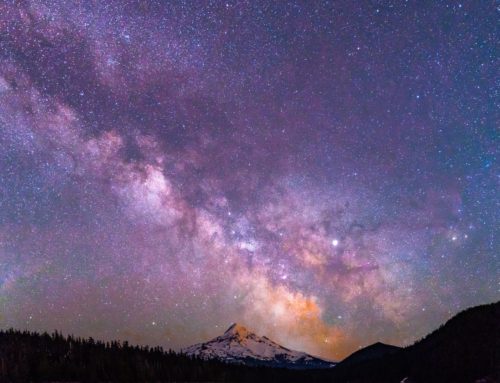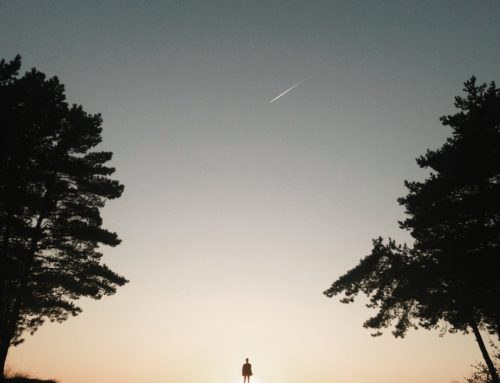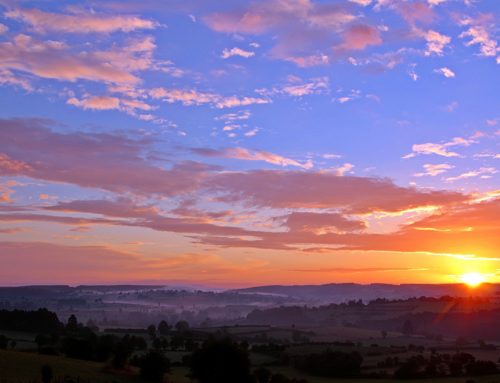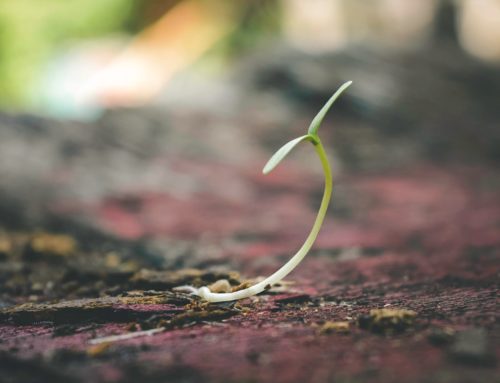Often in the early morning I walk down to Queens Park for exercise and pass the various memorials to Burke and Wills who camped there on the first leg of their journey of discovery. Their expedition may well have been seen as a brave adventure, but was plagued by disputes and poor decisions as they battled the extremes of the Australian weather and landscape from harsh desert terrain to boggy mangrove swamps up in the Gulf country. In so many ways they were unprepared – lacking the necessary bush skills required for such an arduous journey.
Many years ago in convoy with an Australian Inland Mission Padre, I visited the famous ‘Dig Tree’ where messages were carved into the Coolibah trees on the edge of the Cooper Creek, and where food was buried for the party. It’s a tragic story, but the persistence and determination of those explorers has captured the imagination of so many over the years.
There are many parallels with our reading today from the book of Exodus, where Moses leads his people into the harsh environment of the Sinai Desert, and where he too encounters many trials, disputes and accusations from the people he is leading to freedom. One difference is that Moses knew the desert – having lived and worked there as a shepherd for many years. And yet for people who have grown up on the banks of the Nile where, despite their slavery, food was always available, the desert by contrast was a strange, harsh environment and many worried how they would survive. Anxiety can be very contagious and can so easily foster an atmosphere of fear, which is clearly what happened in this story of the Exodus. They were all so eager to leave their slavery behind, so quick to flee – so happy to have a leader with the courage and persistence of Moses, that when they first arrived in the desert they danced for joy on the banks of the Sea. But now in the dry heat of the wilderness and with supplies running low they turn on Moses blaming him for bringing them to this wretched place.
We read this story in a testing time of restrictions where it’s so easy for us to blame our political leaders. It tests us all, and there are many sad stories of broken dreams and hopes as businesses are no longer able to operate and some have closed permanently. With depression and domestic violence on the rise a lot of work is being done behind the scenes to counsel and support those most affected.
Our faith teaches us that God does not abandon us when things get tough. When the people complained to Moses he took their desperation to God who fed them with manna and quail and led them to safety.
Many times in my life I have found solace and strength in the biblical songs of faith we call the psalms. These ancient prayers pick up our anxieties and despair and take us with them to God. Psalm 34 begins in thanks for God’s deliverance but I encourage you to read on beyond the lines that I have printed below:
I will bless the Lord at all times, his praise always on my lips.
In the Lord my soul shall make its boast. The humble shall hear and be glad.
Glorify the Lord with me. Together let us praise his name.
I sought the Lord and he answered me; from all my terrors he set me free.
One of the great tragedies of the Burke and Wills expedition is that local aborigines knew where they could find water and food but Burke and Wills rejected their offer of help. God often provides for us in ways we don’t always recognise. John teaches us that love casts our fear, that love of God we experience in each other, through that phone call, that word of encouragement, or even in the desperation God takes from us when we hold it to God in prayer.
Peter





